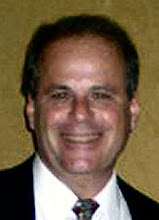In Czarist Russia, many of the great Jewish talents were repressed and not fully allowed to express themselves. Such was the case of the Yiddish writer and scholar, many of whom felt compelled to immigrate to such countries as the United States during the late nineteenth and very early twentieth century. Such talent during this time found work as journalists, writing for the Yiddish newspapers, especially those in New York.
The newest Museum article begins:
That the most neglected and unhappy portions of the slums of the city number among their inhabitants men and women who under different conditions and happier fortunes might have been counted among the great names of the world in art, poetry and music is a fact not unknown to the outside world. Almost proverbial are the stories of musicians, scholars and artists who are buried under the slum life of each great city. Yet there is in the East Side of New-York a realm of unexplored extent peopled by those who may well be numbered among the buried geniuses of the slums. The lost journalists of the Ghetto, those authors and scholars whose immigration to a strange land has dried their springs of genius, numbed their finer senses and reduced them to the unhappy necessity of earning a living through "jargon" papers, one of the most interesting phases of Ghetto life.
The article can be found at www.museumoffamilyhistory.com/wyw-buried-genius.htm.
Subscribe to:
Post Comments (Atom)




No comments:
Post a Comment